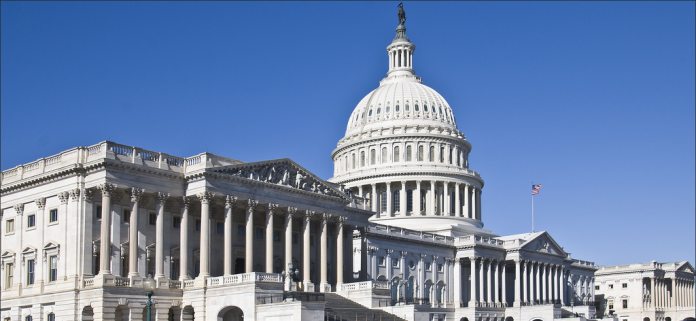Net Neutrality laws meant internet service providers were mandated to use all internet data the same. It was forbidden to differentiate between content, website, platform, app, user, or equipment, such as through throttling data. President Donald Trump led the repeal of the law, with the FCC enforcing the decision. Coffman’s proposed 21st Century Internet Act has been introduced to the House of Representatives. The bill would set a standard set of principles around the concept of net neutrality, effectively removing the FCC’s power. If passed, the bill would mean a change to the Communications Act of 1934 Title VIII. It would stop companies from blocking or throttling internet content. While the FCC would not have a final say over Net Neutrality, it would still regulate the new laws, as detailed by the bill: “The [Federal Communications] Commission shall have the authority to initiate investigations, bring enforcement actions, issue declaratory rulings, conduct rulemakings, and take such other actions . . . as are necessary to implement the requirements of this title.”
Challenging the Repeal
The FCC was slow to pass through the Net Neutrality repeal. Since then, some states have started to create their own legislation around a fair internet. In March, Washington State defied the repeal through the creation of its own laws. Under the state’s new legislation will mandate internet service providers to disclose information on performance, terms, and data management. The legislation is managed by Washington’s Consumer Protection Act and violations will fall under its jurisdiction.




